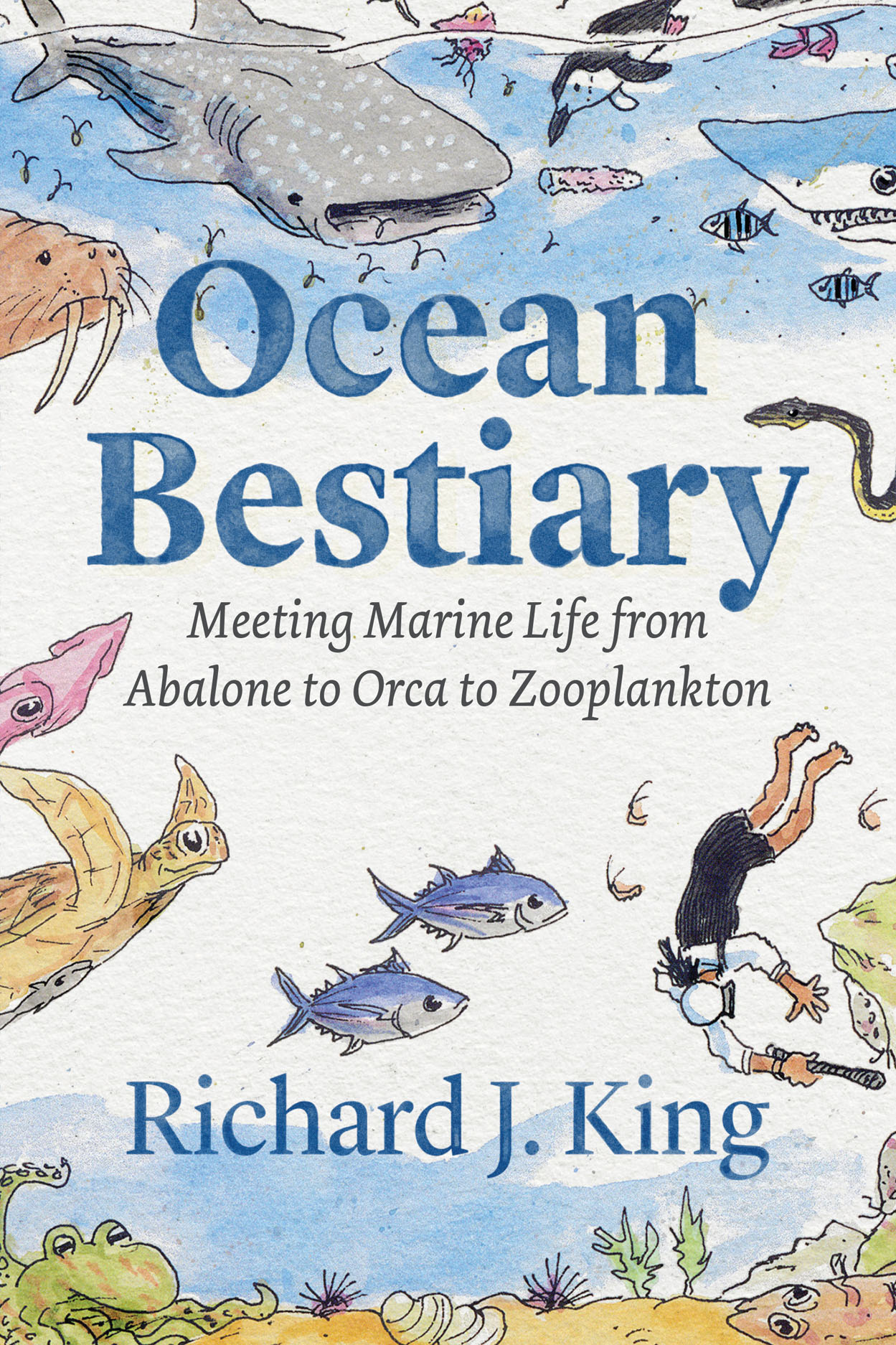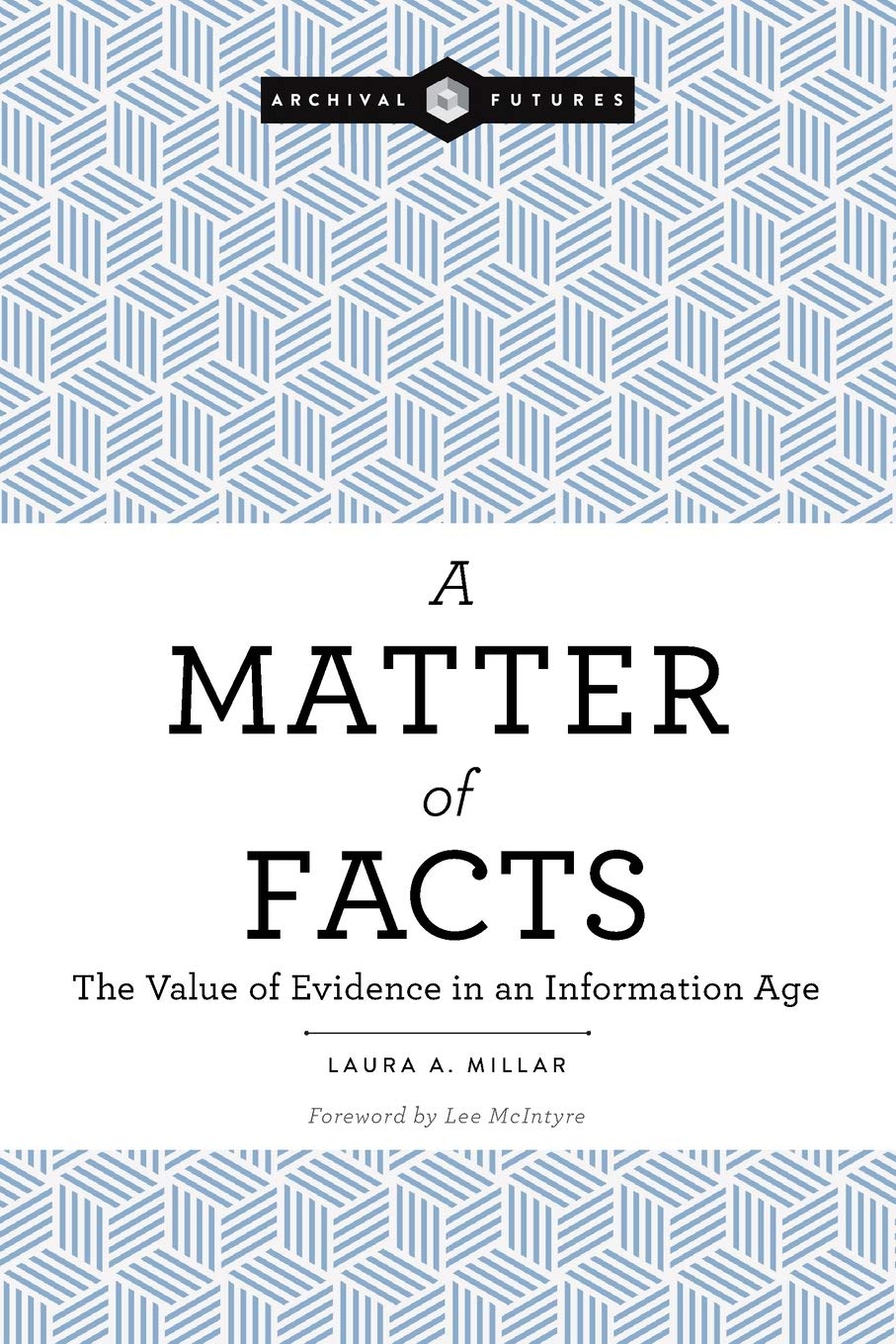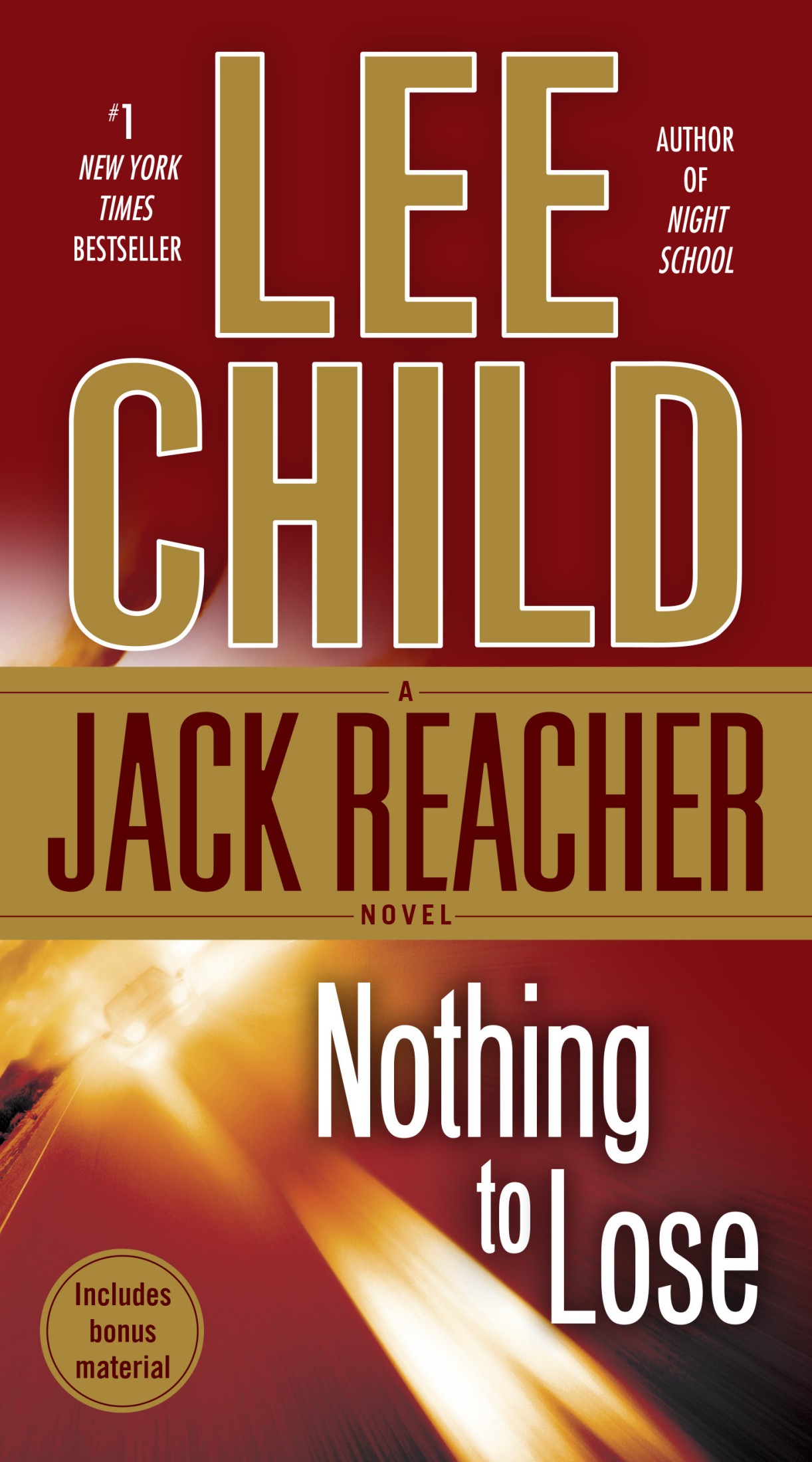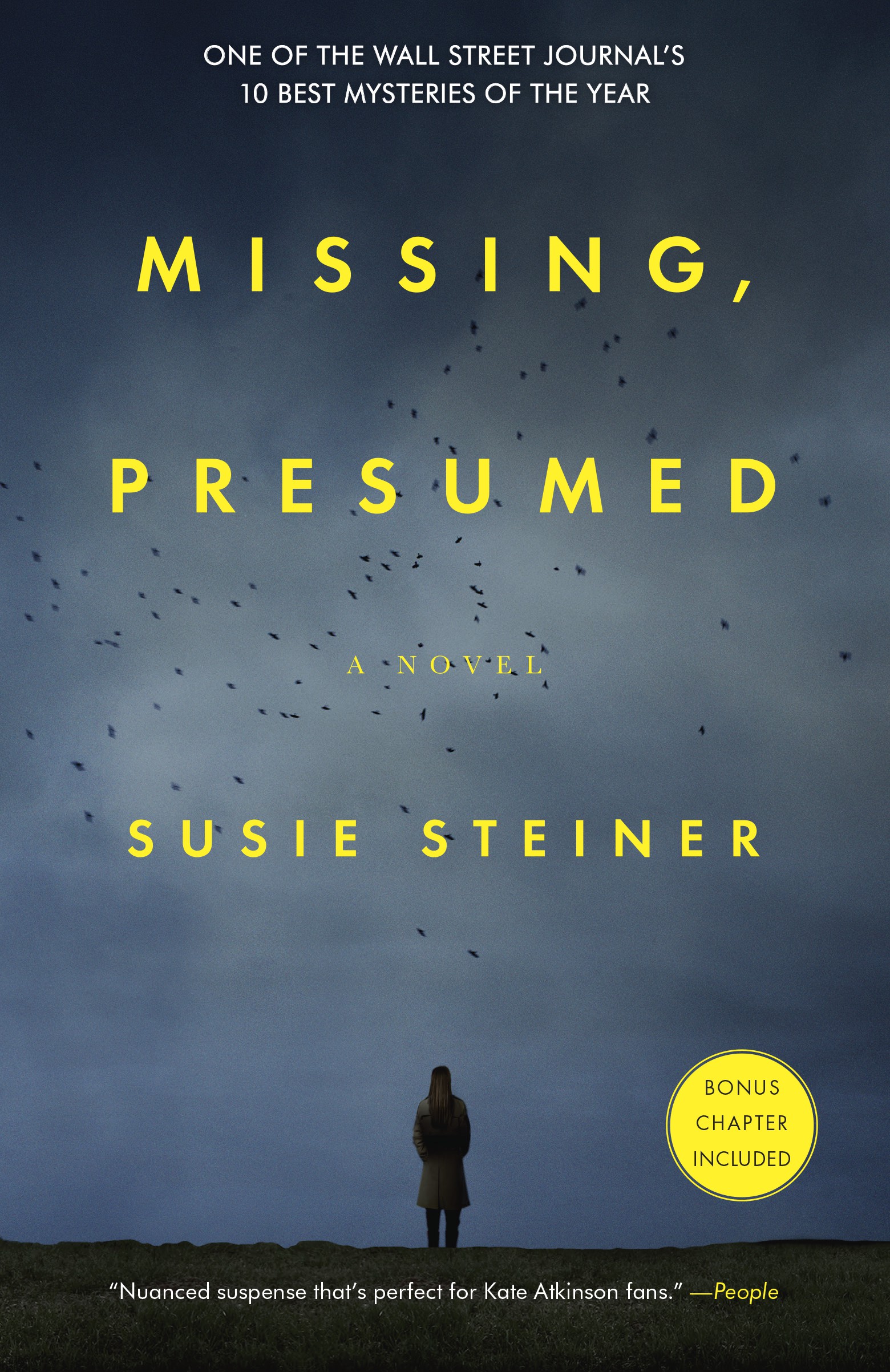through chapter 7, which covered the Chinese experience in WW2, a brief overview of the life of Mei Ruao (who became China's judge at the war crimes court), and the views of the Nationalists and Communists toward war crimes tribunals.
Reviews and Comments
I have moved my Bookwyrming to @kingrat@sfba.club
This link opens in a pop-up window
Phil in SF commented on Judgment at Tokyo by Gary J. Bass
through chapter 7, which covered the Chinese experience in WW2, a brief overview of the life of Mei Ruao (who became China's judge at the war crimes court), and the views of the Nationalists and Communists toward war crimes tribunals.
Phil in SF commented on Judgment at Tokyo by Gary J. Bass
From the introduction, it's very clear that Gary Bass is not going to spare anyone. He doesn't spare Japan for failing to engage with their own imperialism while being very explicit that much of the court was conducted by European colonial powers because it was their colonies that suffered, not them. The Soviet Union was killing a quarter million Japanese in Manchuria even as the trials went on. and that the United States has faced no serious repercussions for targeting civilians during the war (which is perhaps understandable) or since (which is much less understandable if there is truly to be a law of war).
From the introduction, it's very clear that Gary Bass is not going to spare anyone. He doesn't spare Japan for failing to engage with their own imperialism while being very explicit that much of the court was conducted by European colonial powers because it was their colonies that suffered, not them. The Soviet Union was killing a quarter million Japanese in Manchuria even as the trials went on. and that the United States has faced no serious repercussions for targeting civilians during the war (which is perhaps understandable) or since (which is much less understandable if there is truly to be a law of war).
Phil in SF rated Persons Unknown: 4 stars

Persons Unknown by Susie Steiner (Manon Bradshaw, #2)
Phil in SF wants to read Ocean Bestiary by Richard J. King
Phil in SF reviewed The Deep Sky by Yume Kitasei
Competent teams vs teams of competent individuals
3 stars
The Deep Sky is the story of a crew of late teen/early 20s women (mostly) who make up the crew of the first interstellar spaceship. Their goal is to establish a colony on a planet orbiting another star, hence why everyone has to be capable of bearing children. There's mention of one trans dude and a couple of possibly non-binary folk, but by and large the crew is female. The story alternates between episodes on board and flashbacks to crew member Asuka's time on Earth with her family and in the ultra-competitive institute that is both training and selecting crew members.
When the story begins, Asuka and her friend Kate are about to go on a spacewalk to investigate an anomaly on the exterior of the ship. They decide to race, and Kate reaches the anomaly first and thus is the person who dies when the bomb goes off.
…The Deep Sky is the story of a crew of late teen/early 20s women (mostly) who make up the crew of the first interstellar spaceship. Their goal is to establish a colony on a planet orbiting another star, hence why everyone has to be capable of bearing children. There's mention of one trans dude and a couple of possibly non-binary folk, but by and large the crew is female. The story alternates between episodes on board and flashbacks to crew member Asuka's time on Earth with her family and in the ultra-competitive institute that is both training and selecting crew members.
When the story begins, Asuka and her friend Kate are about to go on a spacewalk to investigate an anomaly on the exterior of the ship. They decide to race, and Kate reaches the anomaly first and thus is the person who dies when the bomb goes off.
Despite being told these are highly competent people, the crew never feels like a crew trained to work together. They neglect their duties. They let personal animosities not only interfere, but drive them. To do anything at scale, you need a competent team, not just a set of competent individuals. The book seems to miss that.
To be fair, the entire sabotage plot wouldn't work like it does if this was a competent team. It'd be a very different book.
All that aside, at about halfway through the plot became less navel-gazy and I was finally able to suspend disbelief well enough to read through to the end. When something is actually happening, such as Asuka finally doing some investigation or the saboteur stepping up attacks some of the flaws can be ignored.
Phil in SF reviewed A Matter of Facts by Laura A. Millar
anecdotal argument
2 stars
I agree with most of the author's points, but struggled with what is usually anecdotal argument and haphazard reasoning.
I agree with most of the author's points, but struggled with what is usually anecdotal argument and haphazard reasoning.
Phil in SF commented on A Matter of Facts by Laura A. Millar
chapter 6 explains that we have to allow for oral tradition to be considered good evidence.
chapter 7 explains that people's memories are extremely fallible and biased, and so we shouldn't trust what people say without solid backing evidence.
both can be valuable perspectives, but goddamn if you're going to espouse both you better have a cogent idea of how to reconcile them. (Millar doesn't, so far.)
chapter 6 explains that we have to allow for oral tradition to be considered good evidence.
chapter 7 explains that people's memories are extremely fallible and biased, and so we shouldn't trust what people say without solid backing evidence.
both can be valuable perspectives, but goddamn if you're going to espouse both you better have a cogent idea of how to reconcile them. (Millar doesn't, so far.)
Phil in SF commented on A Matter of Facts by Laura A. Millar
so far, the author has given definitions of terms like fact, data, information, and evidence. and then gone on to write how evidence and truth are social constructs. which is true, but if this is to be a worthwhile polemic, it will need to advocate for particular social constructions over others. otherwise this is just throwing out words and metaphorically shrugging.
Phil in SF commented on A Matter of Facts by Laura A. Millar
Chapter 1 is pure polemic. ironically, it has no real evidence of the value of evidence. though perhaps this will be a properly outlined book that makes subsequent chapter detail the evidence for evidence.
Phil in SF finished reading The Deep Sky by Yume Kitasei
Phil in SF commented on The Deep Sky by Yume Kitasei
Content warning Vaguely spoilery
So Asuka is investigating, just poorly and haphazardly. The fact that multiple anomalies are ignored to highlight them as Chekhovs guns speaks to the ham handed writing and incompetent skills of the characters.
The desire to DNF this grows, but I'm also invested. I need to make up my mind soon.
Phil in SF commented on The Deep Sky by Yume Kitasei
I may DNF this book. The premise is that Asuka is a crew member on a ship traveling to establish a colony on another world. But while on a spacewalk, an explosion rips a hole in the side of the ship, knocks Asuka out, and kills her friend Kat.
We're now a day after the sabotage, and there's no indication of a proper investigation. Just a lot of people moping and navel-gazing about their situations.
I'm all for feelings, but how does a space ship have people who can't work and have feelings at the same time??
I may DNF this book. The premise is that Asuka is a crew member on a ship traveling to establish a colony on another world. But while on a spacewalk, an explosion rips a hole in the side of the ship, knocks Asuka out, and kills her friend Kat.
We're now a day after the sabotage, and there's no indication of a proper investigation. Just a lot of people moping and navel-gazing about their situations.
I'm all for feelings, but how does a space ship have people who can't work and have feelings at the same time??
Phil in SF reviewed Nothing to Lose by Lee Child (Jack Reacher, #12)
Competence porn with a somewhat preposterous setup
3 stars
Standard Jack Reacher. Teacher blows into town. Gets hassled and rather than move on, decides to mess with the people who hassled him
The preposterous part is the entire town of Despair Colorado is complicit. Even more preposterous is that no one talks. They just run Reacher right out of town for mysterious reasons. But if you can suspend disbelief on that, the rest falls into place.
Phil in SF reviewed Missing, Presumed by Susie Steiner (Manon Bradshaw, #1)
The police work seems like police work
4 stars
A police procedural where the police work seems like police work. Looking up documents. Canvassing for surveillance camera footage. Interviewing witnesses. Getting warrants.
The main police character, Manon Bradshaw, is annoying AF with her dating life though. I think that's intentional by the author though.
A police procedural where the police work seems like police work. Looking up documents. Canvassing for surveillance camera footage. Interviewing witnesses. Getting warrants.
The main police character, Manon Bradshaw, is annoying AF with her dating life though. I think that's intentional by the author though.







